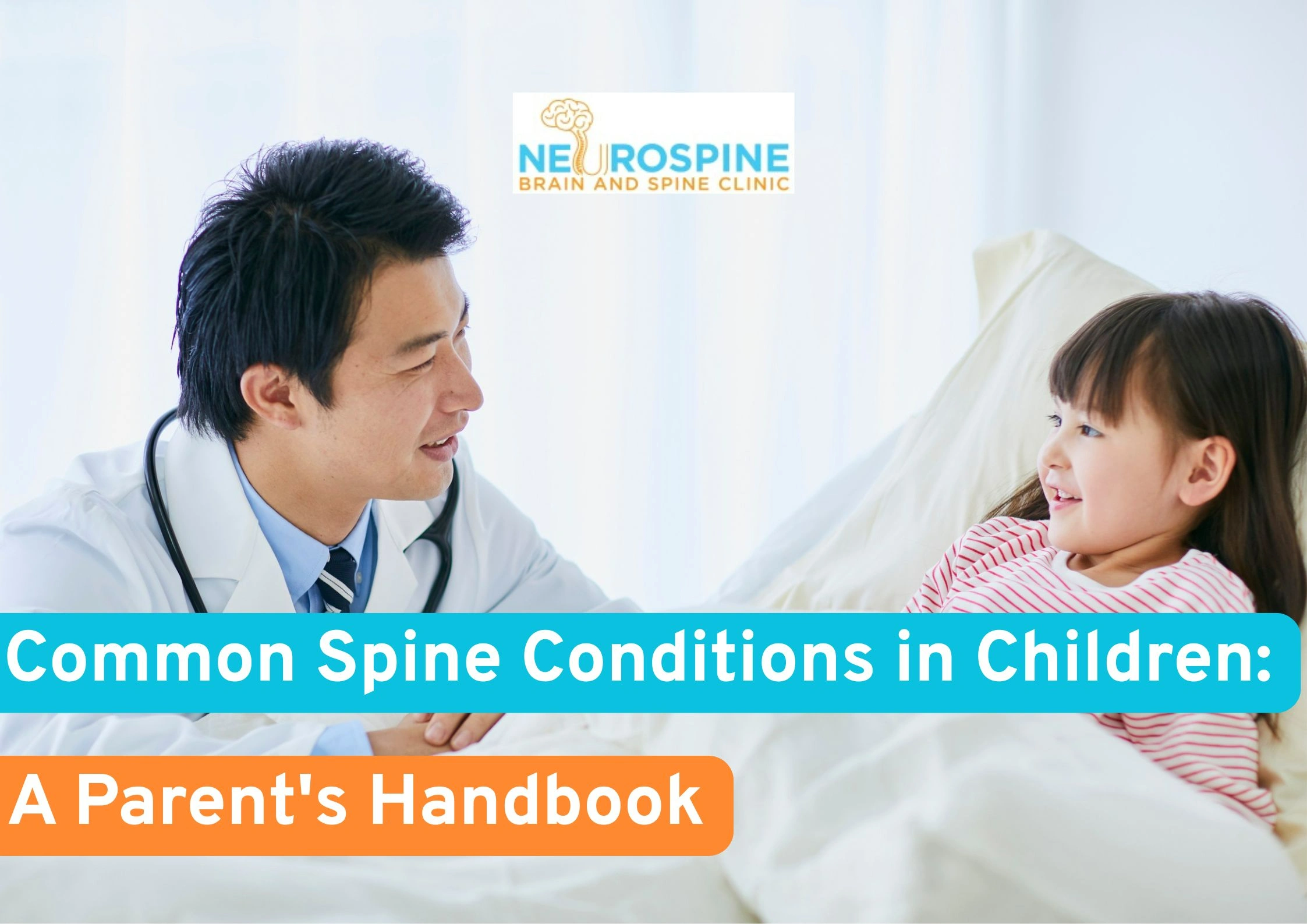Spinal stenosis is a condition characterized by the narrowing of the spinal canal, which can lead to pressure on the spinal cord and nerves. This narrowing can cause a variety of symptoms, ranging from mild discomfort to severe pain and functional impairment. Consulting with a spine specialist in Thane and understanding spinal stenosis, its causes, symptoms, and treatment options is crucial for effective management and relief.
What is Spinal Stenosis?
Spinal stenosis occurs when the spaces within the spine narrow, compressing the spinal cord and the nerves that travel through the spine. This can happen in any part of the spine but is most commonly seen in the lower back (lumbar stenosis) and the neck (cervical stenosis). The narrowing can result from various factors, including degenerative changes, congenital conditions, or injuries.
Causes of Spinal Stenosis
- Degenerative Changes: The most common cause of spinal stenosis is age-related degeneration. As people age, the spine undergoes changes such as disc degeneration, thickening of the ligaments, and the formation of bone spurs. These changes can lead to a reduction in the space available for the spinal cord and nerves.
- Herniated Discs: A herniated or bulging disc can protrude into the spinal canal, contributing to narrowing and nerve compression.
- Congenital Conditions: Some individuals are born with a naturally narrow spinal canal. This congenital condition can predispose them to spinal stenosis, especially as they age.
- Spinal Injuries: Trauma or injuries to the spine, such as fractures or dislocations, can lead to narrowing of the spinal canal and spinal stenosis.
- Spinal Tumors: Tumors, although less common, can also contribute to spinal stenosis by occupying space within the spinal canal.
Symptoms of Spinal Stenosis
The symptoms of spinal stenosis vary depending on the location of the narrowing and the severity of the condition. Common symptoms include:
- Lower Back Pain: Often described as a dull ache or sharp pain, which may worsen with activity and improve with rest.
- Leg Pain: Pain or cramping in the legs, particularly when walking or standing for prolonged periods, which typically improves with sitting or bending forward.
- Numbness or Tingling: Sensations of numbness or tingling in the legs, buttocks, or feet.
- Weakness: Weakness in the legs or feet, which can affect walking and balance.
- Neck Pain: In cases of cervical stenosis, pain, and stiffness in the neck can occur, along with symptoms radiating into the arms or hands.
- Difficulty Walking: Problems with walking, including a tendency to stumble or difficulty maintaining balance.
Treatments for Spinal Stenosis
Treatment for spinal stenosis depends on the severity of the symptoms and the overall impact on quality of life. Options include:
Conservative Treatments:
- Medications: Pain relievers and anti-inflammatory drugs can help manage symptoms.
- Physical Therapy: A physical therapist can provide exercises to strengthen the muscles supporting the spine and improve flexibility and posture.
- Lifestyle Modifications: Weight management, proper posture, and activity modifications can reduce stress on the spine.
Spine Treatments in Thane
For those seeking specialized care, spine treatments in Thane offer a range of options tailored to individual needs. These treatments may include advanced physical therapy techniques, non-invasive procedures, and consultation with specialists who can provide personalized care plans.
Minimally Invasive Procedures
In some cases, minimally invasive procedures such as epidural steroid injections or nerve blocks can provide relief from symptoms.
Surgical Treatments
When conservative treatments are insufficient, surgery may be considered. Common surgical options include:
- Laminectomy: Removal of part of the vertebra (lamina) to relieve pressure on the spinal cord or nerves.
- Foraminotomy: Enlargement of the neural foramen to relieve pressure on the nerve roots.
- Spinal Fusion: Joining two or more vertebrae to stabilize the spine.
Consulting a Spine Specialist in Thane
For comprehensive evaluation and management, consulting a spine specialist in Thane is recommended. These specialists are trained to diagnose the specific type of spinal stenosis and provide targeted treatments to address both symptoms and underlying causes.
Conclusion
Spinal stenosis can significantly impact an individual’s quality of life, but with proper understanding and treatment, relief is possible. Whether through conservative measures, specialized spine treatments in Thane, or surgical options, addressing spinal stenosis effectively requires a tailored approach. Consulting a spine specialist in Thane can provide the expert guidance needed to navigate the complexities of spinal stenosis and achieve optimal outcomes.
FAQs
1. What are spine treatments in Thane?
Spine treatments in Thane refer to specialized care available in the Thane region, including physical therapy, non-invasive procedures, and consultations with specialists who offer tailored treatment plans for spinal conditions.
2. When should I see a spine specialist in Thane?
You should consult a spine specialist in Thane if you experience persistent or severe symptoms of spinal stenosis, such as significant pain, numbness, or weakness that affects your daily life. A specialist can provide a comprehensive evaluation and recommend appropriate treatment options.
3. What is the recovery time after spinal stenosis surgery?
Recovery time varies depending on the type of surgery and individual health factors. Generally, it may take several weeks to a few months to fully recover, with physical therapy often recommended to aid in the recovery process.




